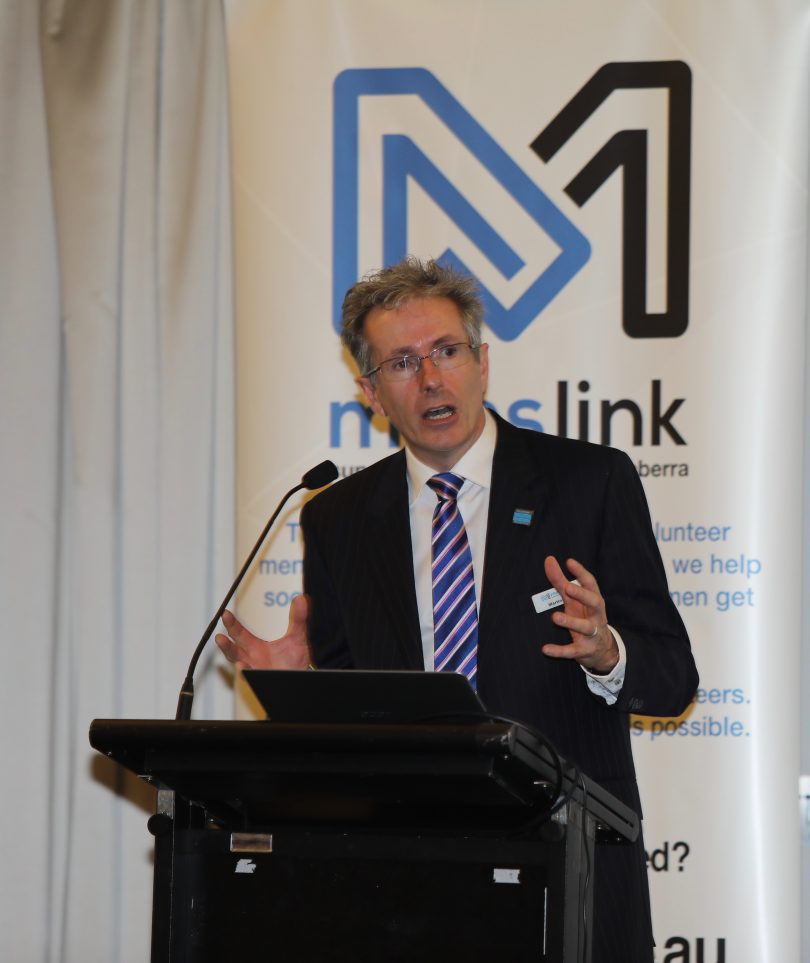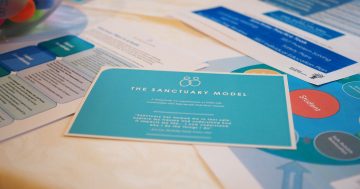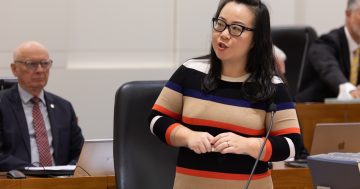
The government will increase spending in targeted mental health support for young people through Menslink and a Youth Wellbeing Outreach Program delivered by CatholicCare. Photo: Supplied.
The ACT Government has unveiled a new jobs and mental health support package for young people and their families being impacted by the COVID-19 pandemic.
The government says the economic impacts of COVID-19 are falling disproportionately on young people, who are more likely to have their employment prospects dimmed.
The ACT Government will offer a six-month payroll tax exemption for businesses who take on new or additional apprentices or trainees, and is aimed at creating more job opportunities for school leavers and those looking to develop new skills.
The exemption would apply to six months of wages for eligible employees recruited between 1 August 2020 to 31 January 2021.
The ACT Public Service graduate, cadet and apprenticeship program will also be extended to provide more positions over the next two years, and the government expects to take on around 120 to 140 graduates, cadets and apprentices during this period.
It will provide an additional 10 graduate positions annually over the next two years, including cadet and apprentice recruitment.
To help counter the effects of social isolation on young Canberrans, the government will increase spending in targeted mental health support for young people through Menslink and a Youth Wellbeing Outreach Program delivered by CatholicCare.
This program will build on the Mental Health Support Package previously announced as part of the economic survival package.
The government will also provide a $1.7 million Children, Young People and their Families Package to help ease the financial stress for young carers, foster and kinship carers and young people, including one-off payments to non-government service providers to help them deliver services.
The package includes one-off payments of $300 for each child and young person in foster and kinship care to support the wellbeing of young people and help ease the financial stress for carers whose employment or income may have been affected during the COVID-19 pandemic.
There will also be an extended carer subsidy for young people in out-of-home care who turn 18 this year to support living expenses, housing costs or connect them with training and employment.
Financial support will be extended to young carers to meet additional expenses, maintain wellbeing and support educational participation.
One-off grant payments to non-government service providers will assist with direct service delivery, brokerage and support for young people and their families to respond to increased demand for services.
Chief Minister Andrew Barr said the government wanted to ensure that young people were not slipping through the cracks during this time.
”We know the pandemic isn’t over, and there is more work to do. We want to keep working every day to protect health and livelihoods of our community – particularly those that are facing significant hardship,” he said.




















